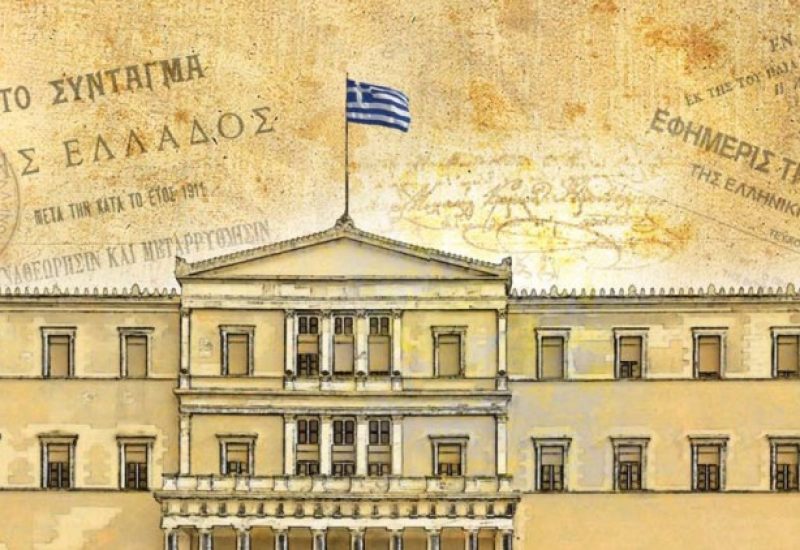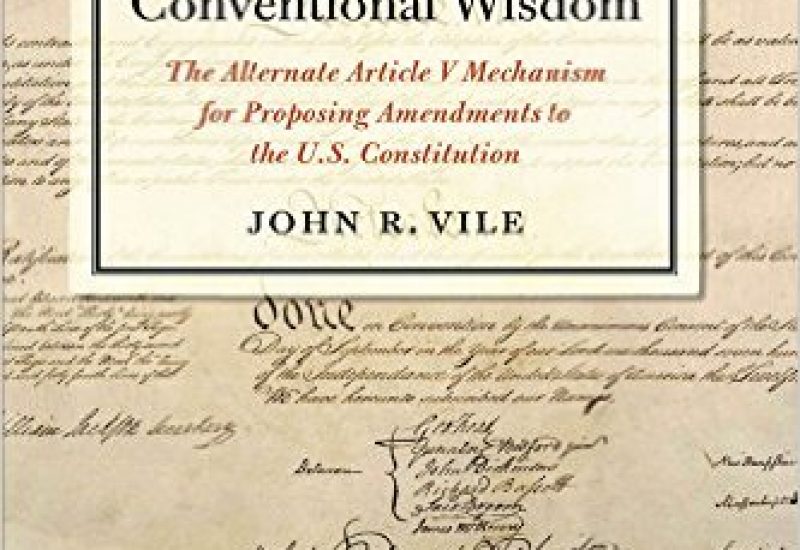- October 11, 2016
- 1:01 pm
- Constitutional Change
by Zoltán Szente
Regardless of the intense government campaign which lasted more than a year and the involvement of almost the entire state apparatus, the Government-initiated anti-migrant referendum held on 2 October proved to be invalid due to low turnout. The Hungarian Government initiated a national referendum in February 2016 against the controversial quota system proposed by the EU for the resettlement of migrants among the Member States.









